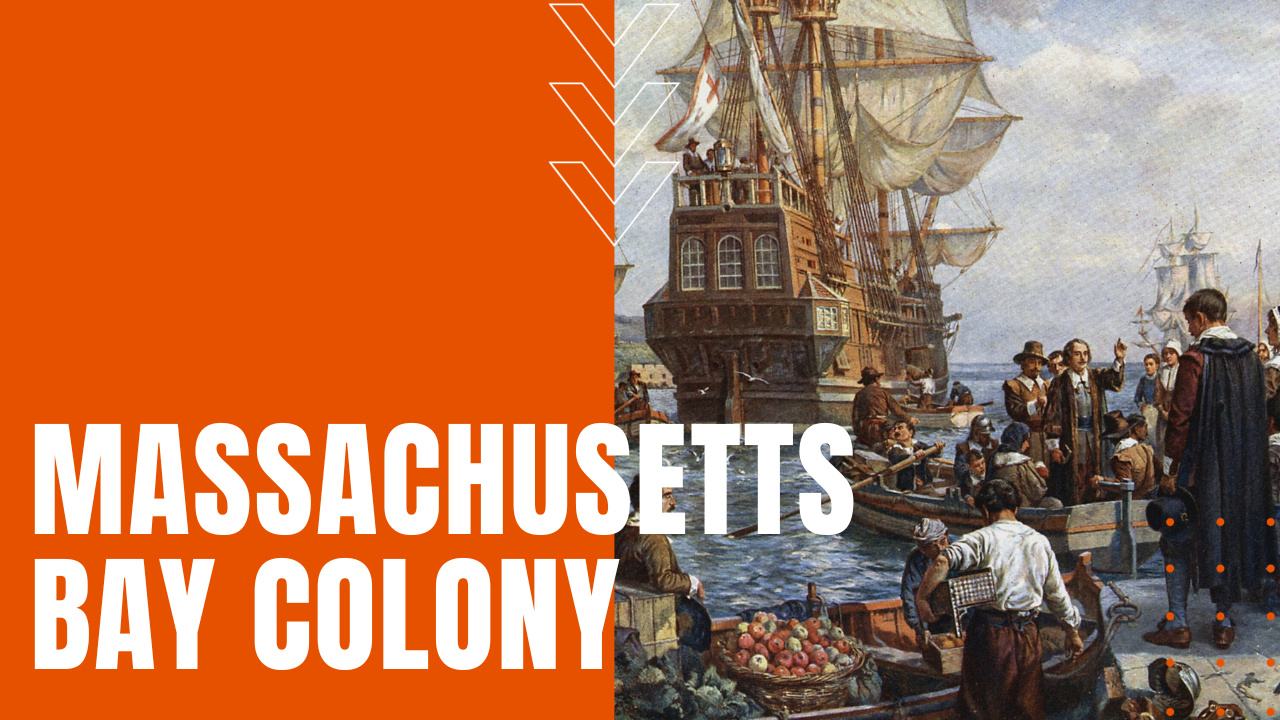Massachusetts Bay Colony

Chartered in 1629 by King Charles I, the Massachusetts Bay Colony settled in North America the following year, by a group of some 1,000 Puritan refugees from England, led by Gov. John Winthrop and Deputy Gov. Thomas Dudley, empowering the company to trade and colonize between the Charles and Merrimack rivers of present-day Massachusetts.
Independent Governance
Instead of a structured business entity with shareholders and profit sharing, however, the Puritan patentees transferred its management and charter to Massachusetts itself, under a shrewd and legally questionable move that paved the way for local governance and an assumed independence from the British crown, establishing the communities of Boston, Charlestown, Dorchester, Medford, Watertown, Roxbury and Lynn.
Puritans Only
Establishing a theocratic government from its onset, the Massachusetts Bay Colony limited its membership to Puritans only, who believed that God had chosen a minority of people—the elect, as they called themselves—for salvation, while the rest of humanity was destined for eternal damnation in hell, which in turn set Puritans on a path of constant spiritual anxiety, and an endless search for signs of God’s favor or displeasure. Led by Winthrop, Dudley and the Very Rev. John Cotton, along with other key leaders, the group sought to eliminate any variation of religious dogma, banishing the likes of Roger Williams of Salem and Anne Hutchinson of Boston, not to mention unrepentant deviants such as Quakers and Anabaptists.
Charter Revoked
Fed up by the colony’s increasing estrangement from British rule, the company’s charter was revoked in 1684, before the royal government merged the colony with Plymouth and Maine in 1691. The colony’s continued defiance and spirit of independence led to an increasing number of punitive acts by the British crown, which collectively became known as the Intolerable Acts, such as the Stamp Act of 1765, the Tea Act of 1773, which led to the Boston Tea Party, and the Administration of Justice Act of 1774—commonly known as the Murder Act by colonials.
Prelude to War
With colonial unrest at a breaking point, British taxation without representation in Parliament led to the convening of the First Continental Congress in September of 1774, followed by the outbreak of the Revolutionary War on April 19th, 1775, making the Massachusetts Bay Company, the founding crucible of American independence.
